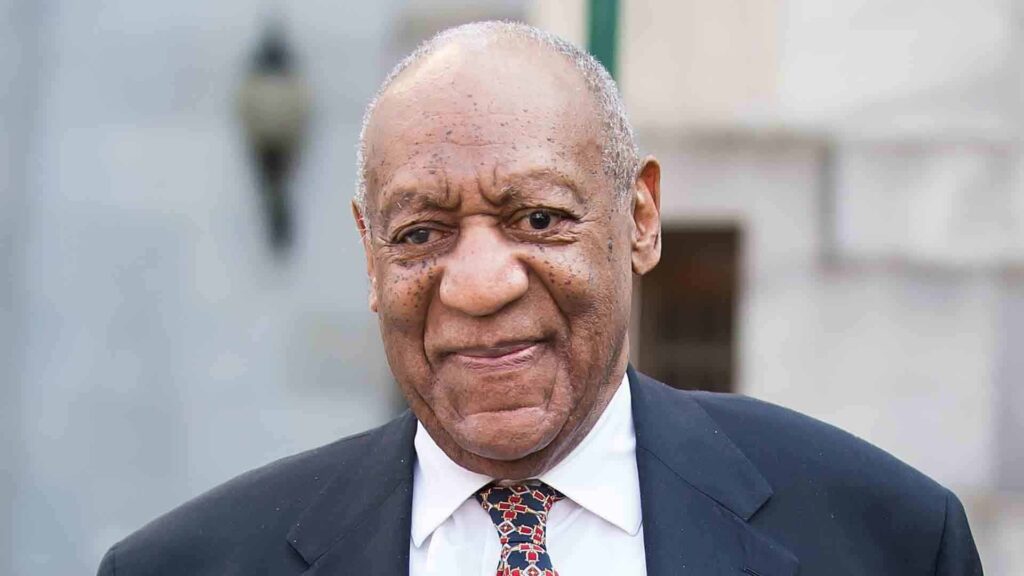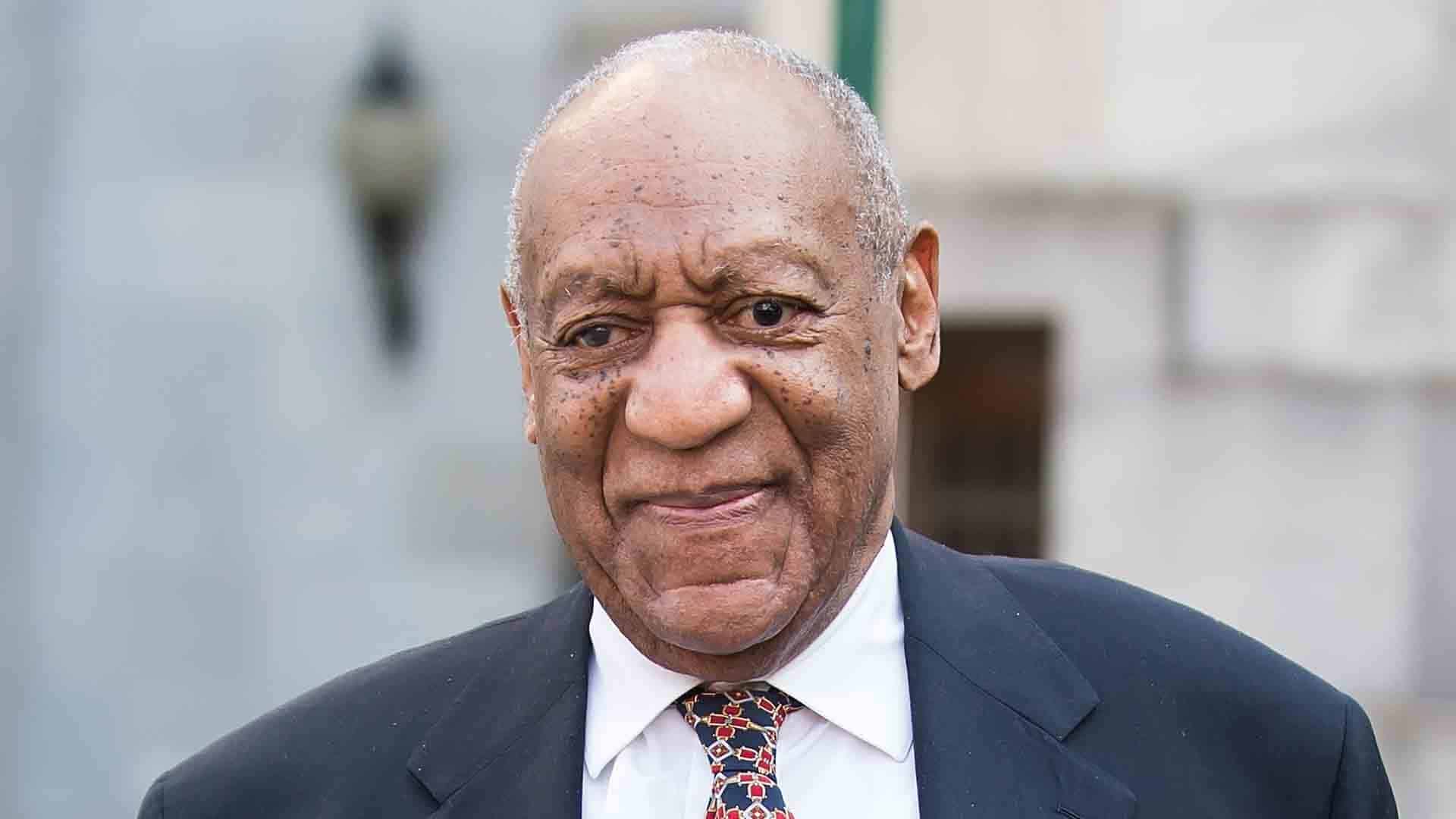
The Age of Bill Cosby: A Look at His Life, Career, and Controversies
The name Bill Cosby once evoked images of wholesome family entertainment, groundbreaking comedy, and philanthropic endeavors. However, the later years of his life have been marked by serious allegations and legal battles that have significantly altered his public perception. Understanding the age of Bill Cosby provides a crucial context for examining his complex legacy. Born on July 12, 1937, in Philadelphia, Pennsylvania, Bill Cosby’s life has spanned over eight decades, witnessing significant societal changes and leaving an indelible mark on the entertainment industry, albeit one now deeply shadowed by controversy. This article aims to explore the various facets of his life, from his early years and rise to fame to the accusations against him and their impact on his standing.
Early Life and Career Beginnings
William Henry Cosby Jr. was raised in the Germantown neighborhood of Philadelphia. His childhood was marked by both challenges and opportunities. His father, a U.S. Navy cook, was often away, leaving his mother to raise him and his siblings. Despite these hardships, Cosby excelled academically and athletically. He was a talented athlete, earning scholarships for track and field. He initially attended Temple University on a track scholarship but left to pursue a career in comedy.
Cosby’s early career involved performing stand-up comedy in clubs throughout the 1960s. His observational humor and storytelling abilities quickly gained him recognition. He was one of the first African American comedians to achieve mainstream success, breaking down racial barriers in the entertainment industry. His comedic style was characterized by its relatability and avoidance of overtly political or controversial topics, focusing instead on universal themes of family life and childhood experiences.
Breakthrough Success in Television
In the mid-1960s, Cosby transitioned to television, landing a role in the NBC series “I Spy.” This was a groundbreaking moment, as he became the first African American actor to star in a primetime drama. His performance earned him three consecutive Emmy Awards for Outstanding Lead Actor in a Drama Series. “I Spy” not only showcased his acting talent but also helped to desegregate television screens, paving the way for other African American actors and actresses.
Following the success of “I Spy,” Cosby continued to work in television, creating and starring in “The Bill Cosby Show” in the late 1960s and early 1970s. This sitcom, which featured Cosby as a physical education teacher and coach, further solidified his image as a positive role model and family-friendly entertainer. The show tackled social issues with humor and sensitivity, making it a popular and influential program. [See also: The Impact of The Bill Cosby Show on American Television]
The Cosby Show: A Cultural Phenomenon
Perhaps the most significant achievement in Bill Cosby’s career was the creation and success of “The Cosby Show” in the 1980s. This sitcom, which aired on NBC from 1984 to 1992, depicted the lives of the Huxtables, an upper-middle-class African American family. The show was a massive ratings hit, revitalizing the sitcom genre and becoming a cultural phenomenon. “The Cosby Show” presented a positive and aspirational image of African American family life, challenging stereotypes and promoting education, family values, and community involvement.
The show’s success was attributed to its relatable characters, witty writing, and Cosby’s charismatic performance as Dr. Cliff Huxtable. “The Cosby Show” not only entertained audiences but also influenced perceptions of race and family in America. It won numerous awards, including multiple Emmy Awards and Golden Globe Awards, and remains one of the most beloved and influential sitcoms in television history. The age of Bill Cosby during the show’s run (from his late 40s to mid-50s) coincided with his peak influence in American culture.
Later Career and Philanthropy
After “The Cosby Show” ended, Cosby continued to work in television and film, though with less commercial success. He hosted “Kids Say the Darndest Things” and appeared in several movies. He also focused on his philanthropic endeavors, donating millions of dollars to educational institutions and charitable organizations. Cosby was a strong advocate for education and often spoke out about the importance of academic achievement, particularly for African American youth.
Cosby received numerous honorary degrees and awards for his contributions to education, entertainment, and philanthropy. He was considered a respected voice on issues related to family, education, and race. However, this carefully cultivated image began to unravel in the 2000s with the emergence of allegations of sexual assault. [See also: Bill Cosby’s Philanthropic Contributions]
Allegations of Sexual Assault
Starting in the early 2000s, dozens of women came forward with allegations of sexual assault against Bill Cosby, spanning several decades. These allegations ranged from drugging and sexual battery to rape. The sheer number of accusers and the consistency of their stories led to widespread media coverage and a significant shift in public opinion. The allegations painted a starkly different picture of the man who had once been considered America’s Dad.
Cosby denied the allegations, claiming that any sexual encounters were consensual. However, the mounting evidence and the growing number of accusers made it increasingly difficult for him to maintain his innocence in the public eye. The allegations had a devastating impact on his career and reputation, leading to the cancellation of television projects and the rescinding of honorary degrees and awards. The age of Bill Cosby when these allegations surfaced (in his 70s) added another layer of complexity to the narrative.
Legal Battles and Conviction
In 2015, Cosby was formally charged with aggravated indecent assault in connection with a 2004 incident involving Andrea Constand, a former Temple University employee. The case went to trial in 2017, but the jury was unable to reach a unanimous verdict, resulting in a mistrial. A second trial was held in 2018, and this time, the jury found Cosby guilty on all three counts of aggravated indecent assault.
Cosby was sentenced to three to ten years in state prison. The conviction was a landmark moment, as it was one of the first times a celebrity had been held accountable for sexual assault allegations in the #MeToo era. The conviction sent a powerful message that no one is above the law, regardless of their wealth or fame. [See also: The Legal Proceedings Against Bill Cosby]
Overturned Conviction and Current Status
In June 2021, the Pennsylvania Supreme Court overturned Cosby’s conviction, citing a due process violation. The court ruled that a previous agreement with a former prosecutor, in which Cosby agreed to testify in a civil suit in exchange for not being criminally prosecuted, should have prevented him from being charged in the Constand case. Cosby was released from prison after serving more than two years.
The overturning of Cosby’s conviction sparked outrage and disappointment among many of his accusers and their supporters. While the legal technicality allowed him to walk free, the allegations against him remain a significant part of his legacy. The age of Bill Cosby now, in his mid-80s, places him in a different context, but the shadow of the accusations continues to loom large.
Impact on Legacy and Public Perception
The allegations and legal battles have had a profound impact on Bill Cosby’s legacy and public perception. Once revered as a cultural icon and role model, he is now viewed by many as a disgraced figure. His contributions to entertainment and philanthropy are overshadowed by the serious accusations against him. The Cosby Show, once celebrated for its positive portrayal of African American family life, is now often viewed through a more critical lens.
Despite the overturning of his conviction, the allegations against Cosby have fundamentally altered his place in history. His story serves as a cautionary tale about the abuse of power and the importance of holding individuals accountable for their actions. The age of Bill Cosby, from his rise to fame to his fall from grace, represents a complex and controversial chapter in American cultural history. His legacy is now inextricably linked to the allegations against him, forever changing how he is remembered and perceived. He is still alive, but his public appearances are rare, and his reputation remains severely damaged. The debate about his contributions versus his alleged crimes continues, ensuring that his story remains a topic of discussion and analysis for years to come.
The case of Bill Cosby highlights the complexities of justice, memory, and public opinion. It also underscores the importance of listening to and believing survivors of sexual assault. The legacy of Bill Cosby is now a complex tapestry woven with threads of comedic genius, cultural impact, and devastating allegations, forever impacting how we view him and his contributions.

